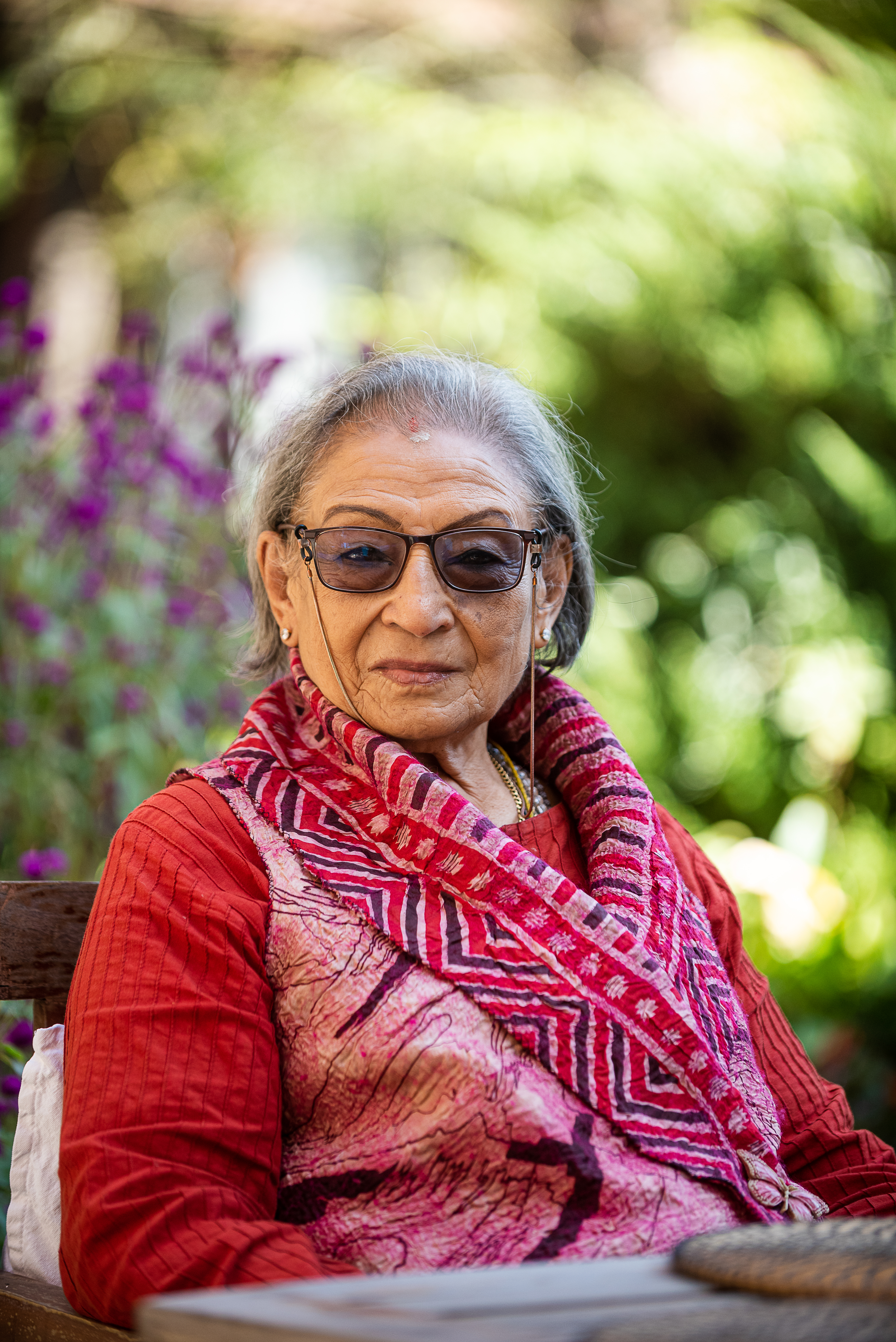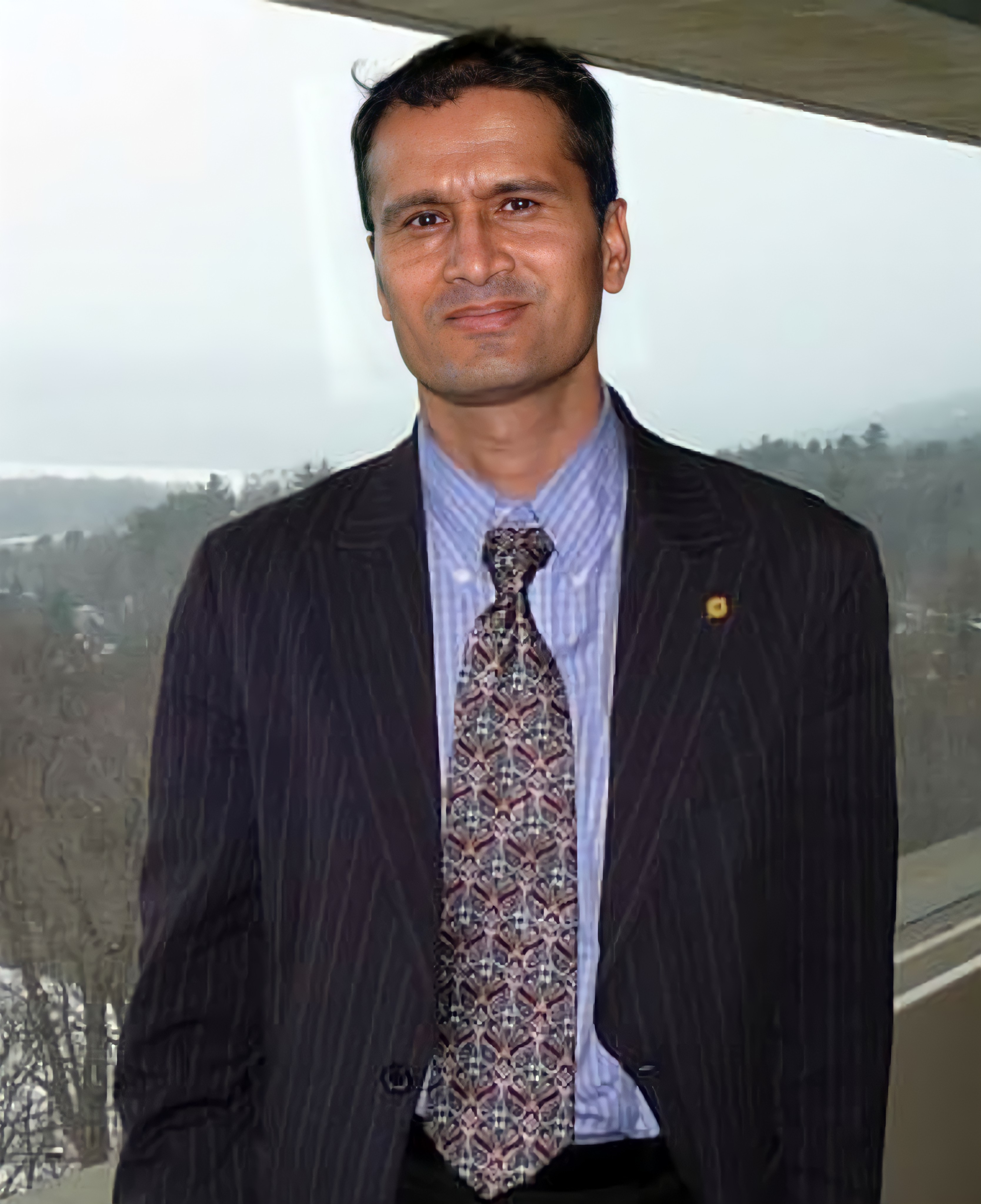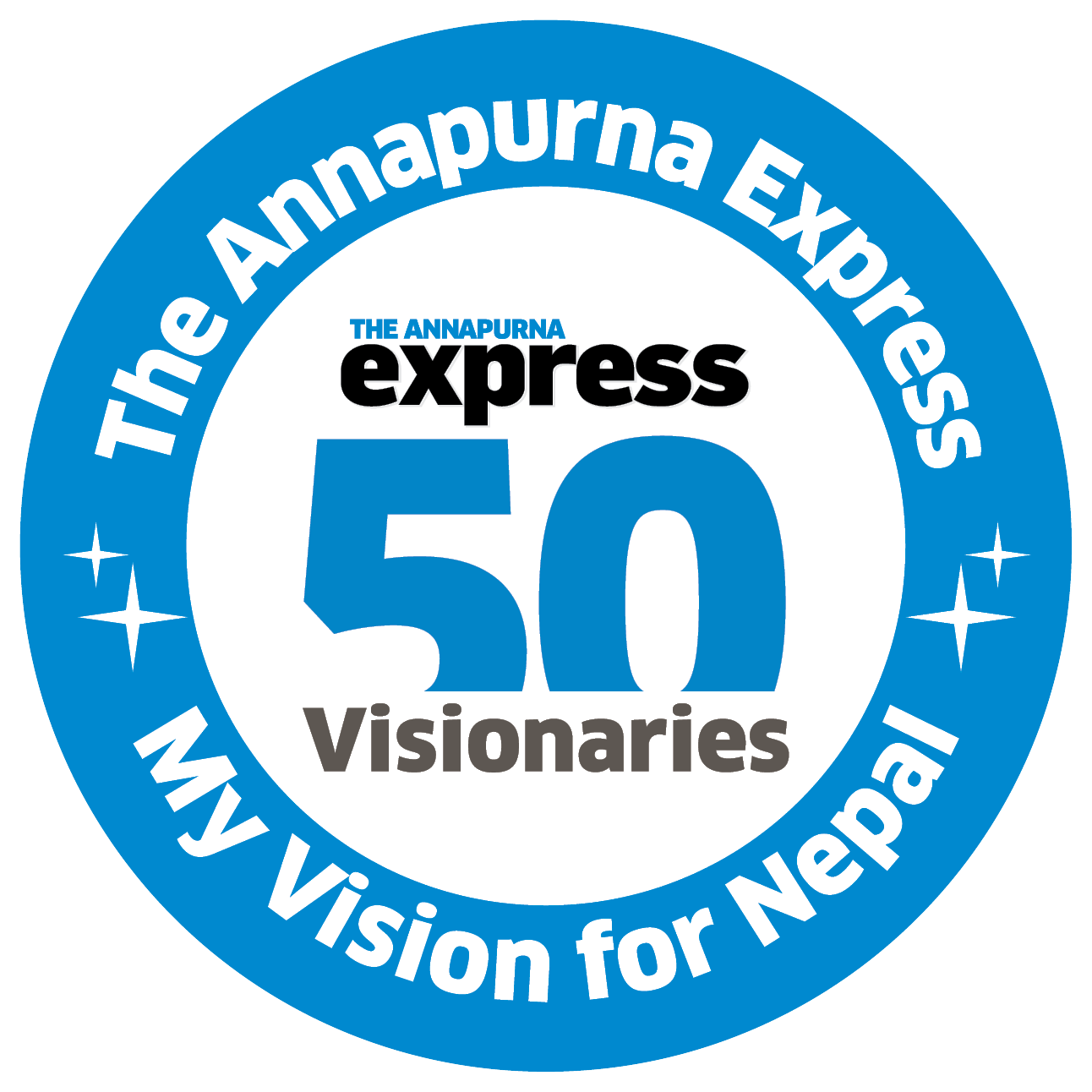My Vision for Nepal | Make Nepal free of all forms of discrimination
Make Nepal free of all forms of discrimination
Three ways to realize the vision:
1) By restructuring state mechanisms to reflect the country’s diversity.
2) By holding the state to account on its constitutional obligations.
3) By widening activism both in and outside the borders.
Ours is an unjust society. It has been entangled for ages in various forms of discriminations, which are inhumane and against the spirits of human and civil rights. That’s why I want to see Nepal become a discrimination-free country.
To this date, I continue to encounter many forms of discriminations. Yet there were two instances of caste-based discrimination early in my life that would leave a lasting impact.
In the first incident, I was in class seven and I used to take extra classes after school. Every day, even as other tuition-takers sat inside the tuition room, I used to get my instructions from just outside the room, by the door. I never realized that it was a form of discrimination. But one day, while attending the tuition class, it started raining heavily. My books and copybooks were all drenched, and yet no one asked me to come in. I became very angry that day and vowed not to return to the tuition class.
It was also the first time I realized that I was being systematically discriminated against, unlike my other friends.
My second encounter with discrimination came soon after, when a famous CPN-UML leader, Golchhe Sharki, then a member of parliament, had come to our village for a program. After the program, he came to our house to sleep at night; no one else in the village was ready to accommodate him, even though he was an MP. This incident made realize that high-rank people were not immune to caste-based discrimination.
After these two incidents, I started working for the Dalit and underprivileged community who are battling different forms of discriminations.
Nepal is a diverse country in terms of caste, religion, race, and culture. So, each caste, religion, race, and culture must be represented in state mechanisms so that our diverse characters are reflected at the highest levels. Quite often, I feel like this country is mine, but this state isn’t. If we made this state work for everyone, it would be a major step toward making this a discrimination-free country.
Also read: Ambica Shrestha | Make Nepal a developed country within a decade
The constitution clearly says that the state must be inclusive and proportional. For example, Dalits constitute 13.8 percent of the total population, so they should get 13.8 percent of the positions in state mechanisms. In a Cabinet of 25 ministers, there should be at least four Dalits. But there is only one as of now. Similarly, there are only five Dalit judges. Among the 90,000 civil servants, only two percent are Dalits. So, how many years does it take to go from two to 14 percent? This is the major question.
If the state lived up to its constitutional promises, this problem could be solved to an extent but sadly the government isn’t interested in taking that route.
Since the start of human civilization, each person has evolved differently. Some of us are white, some black, some tall, some short, some differently-abled, and we come with different sexual orientations. So the cycle of discrimination based on differences started early and continues to this day, albeit with new variants.
The so-called upper-caste people apply one kind of moral and social values for themselves and a different set of values for the so-called lower-castes, which is a major cause of discrimination.
We still think literacy can change this situation, but that is not true. There are a lot of educated people who are leading the mobs that perpetuate inhuman behaviors against vulnerable groups.
I am a Dalit, and my story of struggle and survival would be a fantasy story for non-Dalits. The problem of residents of the Himalayan region would be a fairy tale for the people of Tarai. We won’t be able to reduce discrimination unless people from these diverse regions and caste backgrounds start seeing each other as fellow Nepalis and deserving of equal respect.
These days, I am working on the agenda of inclusion of youths in the workforce and leadership, not only in Nepal but around the world. There are almost 26 million Dalits the world-over and yet their issues have not been globally recognized. Racial discrimination is getting global attention; caste-based discrimination is not.
This is why I am in favor of collectively working, both at national and international levels, to end all forms of discrimination.

Quick Questions:
What would you have been if you were not a Dalit activist?
I guess I would otherwise have been a politician.
Who are your biggest inspirations?
Common people who I meet in my life’s journey inspire me the most.
A quote you live by?
"Be educated. Be organized. Be agitated" - Dr B. R Ambedkar
My Vision for Nepal | Make Nepal a developed country within a decade
Make Nepal a developed country within a decade
Three ways to realize the vision:
1) By providing free, quality education.
2) By encouraging innovative thinking.
3) By making our youths entrepreneurs.
Education is the key to all personal and societal successes, so it should be free for all. Education should create opportunities and encourage innovative ideas. Students, these days, learn by memory—they are only learning what’s already there. They are not given the challenge to think for themselves. But no one can progress without some challenge and competition.
In many areas of Nepal, quality education is still a pipe dream. The public schools, which are relatively cheaper, cannot offer the required quality. But the government does not seem interested.
The education people get in rural areas needs to focus on income-generation. They should learn about what they can grow to make good money so they can lift their living standards. Education also entails developing a positive mindset and a set of values, or self-development.
Corruption is one of our society's biggest problems. So, people, from the beginning, should be taught that you only know the value of money if it is hard-earned. Only then can you utilize it properly.
One thing we must always keep in mind is that we should work with the things that we have rather than with the imported stuff. These days, the proliferation of imported machinery and technology is termed progress and development. This is wrong. Progress is something we achieve with the things we have.
Quality education and innovation are interrelated. When you start getting knowledge, you will start generating new ideas. We don’t have to import any raw materials because we have them all in our country.
I have worked with many young girls and they amaze me. They have turned old jeans garments into handbags and they are earning well. That’s innovation. Another example, the jacket I am wearing right now is made from an upcycled silk sari. Again, this is an innovation with the things that we have. And most importantly, these kinds of things are relatively cheaper to do.
Also read: Pramod Dhakal | Make Nepal a land of knowledge
These things can attract people. Also, a substantial amount of our national income comes from tourism, and these new stuff could get international buyers too.
But the business may not always go as planned. The new things we make may not get the market, so it’s wise not to invest heavily at the start. So, here again, this relates to education and ideas, as educated people can study the market and use ideas accordingly. Slowly, the size of the investment should increase. I don’t think finding investment would be a problem because these days, there are many schemes to help would-be entrepreneurs.
Nepal is a young country. Now, if we don’t motivate and encourage youths to stay in Nepal, we will fail as a nation. Youths think there is nothing to do here in Nepal and it is hard to sustain here, which is not true. We have everything. The only thing we lack is a support system for the youths. You can go abroad for education, but you should come back and help the country lift itself.
Youths should know that they are the future of this country and this country has a future for them as well.
The other thing is, when democracy came, people misinterpreted it and thought that the government would now do everything for them. People forgot their responsibilities as citizens.
We should fight for our rights, but we should also not depend on anyone. We are the richest and most beautiful country, but sadly, we ignore our potential. Let’s not think that we are poor and others should help us. We should help ourselves.
Besides, we are rich in culture, tradition and natural beauty. We have the highest to the lowest geographical elevations and the hottest to the coldest climate. For us, guests are gods. With all these things in the system, plus hard work and discipline, we can upgrade ourselves into a developed country within a decade.

Quick Questions:
1. What do you think is the biggest challenge for women entrepreneurs in Nepal?
The mindset that women can’t or shouldn’t do this or that still prevails, and that sometimes creates problems. Also, women face hurdles to get their businesses registered. But if a woman can bear the pain of child-birth, she can do anything.
2. A Nepali writer who you like the most?
We have many brilliant Nepali writers both in Nepali and English languages. For now I will take two names: Madhu Raman Acharya and Bhim Bahadur Pande.
3. A saying you live by?
‘If you wish, you can do anything’.
My Vision for Nepal | Make Nepal a land of knowledge
Make Nepal a land of knowledge
Three ways to realize the vision:
1) Recognize Nepal as the country of mountains.
2) Establish at least one knowledge city in the country.
3) Scout for and embrace talents from around the world.
Knowledge is everything. It sustains the sectors that drive the country. That is why we should learn to produce that knowledge ourselves.
But for a long time we have been consumers of knowledge. We can’t progress this way. I thus dream of making Nepal a producer of knowledge. We should be able to invite people from all over the world to gain some knowledge from our country.
For a country’s sustainability, it needs many factors, and all those factors at some point touch on the economy. Every developed country’s economy is backed by knowledge. The economy is all about the brain game these days. So, Nepal should also use its minds to fuel the economy and run other sectors simultaneously. If we succeed in this, we will also become a producer of knowledge.
To make this happen, I have three major propositions.
First, we should attract others to experience our uniqueness. Mountains are what make us unique. We do have the Tarai, which is an important part of the country, but the Tarai is integrated with the Himalayas. We are better known as the land of mountains. So, our plans should always involve the mountains and developing them as the land of knowledge.
Second, we should develop the entire country as a large city of knowledge. Before doing that, we should establish some knowledge-cities as pilots, or, let’s say, role models. If not a few, we must create at least one.
Also read: Sampada Malla | Take Nepali films to the international stage
This knowledge city will work like an ecosystem. In this city, there will be both consumers and producers of knowledge, along with all the institutions we need for comfortable life. Every sector will get the privilege to feel like they are the center of the city as there will be equal participation and coordination among all—the same as an ecosystem where each organism feels like they are the primary being.
I also have ideas on turning this vision into reality. We are not dreaming of creating this city in the middle of nowhere. It will be possible only with the pooling of some residential areas. The government should help pool human settlements to our special-knowledge economic zone. Then the authority will pool everyone’s land in a planned way. They will return 70 percent of land to each owner. And among the ‘leased’ 30 percent of the land, one-third will be exclusively planned for knowledge where various institutions will be built. The remaining two-thirds will be used for other necessities like hospitals, industries, and shopping malls.
You may ask, why do we need a knowledge city? In the city if one sector faces a problem, it will be able to quickly seek a solution from other sectors. It will make us efficient and competitive. And if you ask why develop it as an ecosystem, I will say ‘because it’s a collective initiative’.
And at last, we should welcome foreign talents because, without learning, we cannot produce. We should treat them well and provide space to professors and experts who contribute to our country. For instance, the German-born Albert Einstein went to Princeton University in the US. But he could have come to Nepal too.
We could create a beautiful environment in the knowledge city where the largest knowledge institutions in the world would like to station their headquarters. There will be national and international consumers and producers. And also, to produce or teach, we have to consume/learn first.
With the right steps at the right time, we could then move to my national vision of making Nepal the land of knowledge, the producer of knowledge. This is what a real renaissance would look like.

Quick Questions:
Who is one person you would credit for your success?
Youths drive any country’s transformation. So for my success I won’t credit a single person but the entire youth population who inspire me to work.
Which one book has influenced you the most?
Mahabharat.
One quote you live by?
There is a verse in Geeta: “devan bhavayatanena te deva bhavayantu vah, parasparam bhavayantah shreyah param avapsyatha” which means ‘except me, everyone/everything around is the form of god’.
My Vision for Nepal | Take Nepali films to the international stage
Take Nepali films to the international stage
Three ways to realize the vision:
1) Create an environment to showcase Nepali films to an international audience.
2) Develop a culture among Nepali filmmakers to make films with the international audiences in mind.
3) Build a culture in which creative careers, including ones in films, are taken as serious professions rather than just a hobby.
I, as well as most of the people of my generation in Nepal, grew up watching more international films (Bollywood, Hollywood, Japanese, and Korean) than we watched Nepali films. Since the day I decided to choose filmmaking as my career and to do my Masters in Films from Delhi, I have always strongly believed that if Nepali audiences can watch international movies, international audiences can also watch our films.
Today, thanks to globalization and enterprising filmmakers such as Deepak Rauniyar and Min Bahadur Bham, our films are slowly generating interest in the international arena. Recently, my own Nepali feature film ‘Kathputali’ was screened at some prestigious international film festivals where members of the audience came from different countries.
As Nepali filmmakers, we should broaden our horizon and focus on our native stories that have universal themes and appeal. Along with this, we must also develop relationships for global distribution of our work and to release films at international theaters.
Popular OTT platforms such as Netflix and Amazon Prime are interested in Nepali films. This is a good sign. Korea is a great example for us to follow. Korean filmmakers make films and series such as Parasite and Squid Game, in Korean, and they do so well internationally.
Also read: Dr. Nishchal N. Pandey | The youth takes leadership in every sector
I am confident that a day will come when Nepali films and series, made in Nepali, will also have such a huge international audience and positive responses from all over the world.
As in many other countries, many in Nepal still see careers in creative areas such as filmmaking as a hobby and not as a true profession. Today, such careers have become lucrative worldwide. Even in Nepal, there is a misconception that one can’t survive financially by choosing a career in films.
Filmmaking in Nepal is becoming more and more professional whereby millions of rupees are invested in a film, and at least 50 people get jobs in one feature film. So one doesn’t need to be a doctor or an engineer to have a successful career. If you are passionate about filmmaking and have the urge to tell stories, you can become a filmmaker. It is a career that not only brings money but also fame.
I feel the Nepali film industry is in a good phase right now. It’s growing, with a lot of positivity. When I was small, we as urban Kathmanduites rarely watched Nepali films. But today, urban audiences have started watching Nepali films, thanks to a growing number of sensible filmmakers who are making good cinema.
Yesterday, people who opted for a career in Nepali cinema didn’t have the option of studying filmmaking. Now, we have six film schools right here. I myself teach screenwriting at two colleges in Kathmandu. Many Nepali filmmakers who have studied filmmaking abroad are making films—Nepali films for the international audience. It’s such a positive sign.
Films are one of the most powerful art forms with the power to touch people’s hearts everywhere. It is time that we, young filmmakers, focus on the stories we want to share with the world, learn the grammar of filmmaking and make films. I see a bright future for Nepali cinema.
Quick Questions:
Which is your favorite Nepali movie and why?
“White Sun” by Deepak Rauniyar as it has every element that we as an audience seek.
Which Nepali movie director do you admire the most?
I would again say Deepak Rauniyar.
One Nepali book you want to adapt into a movie.
I have thought of a few but if you ask for one, I will say ‘Ular’ by Nayan Raj Pandey.




















